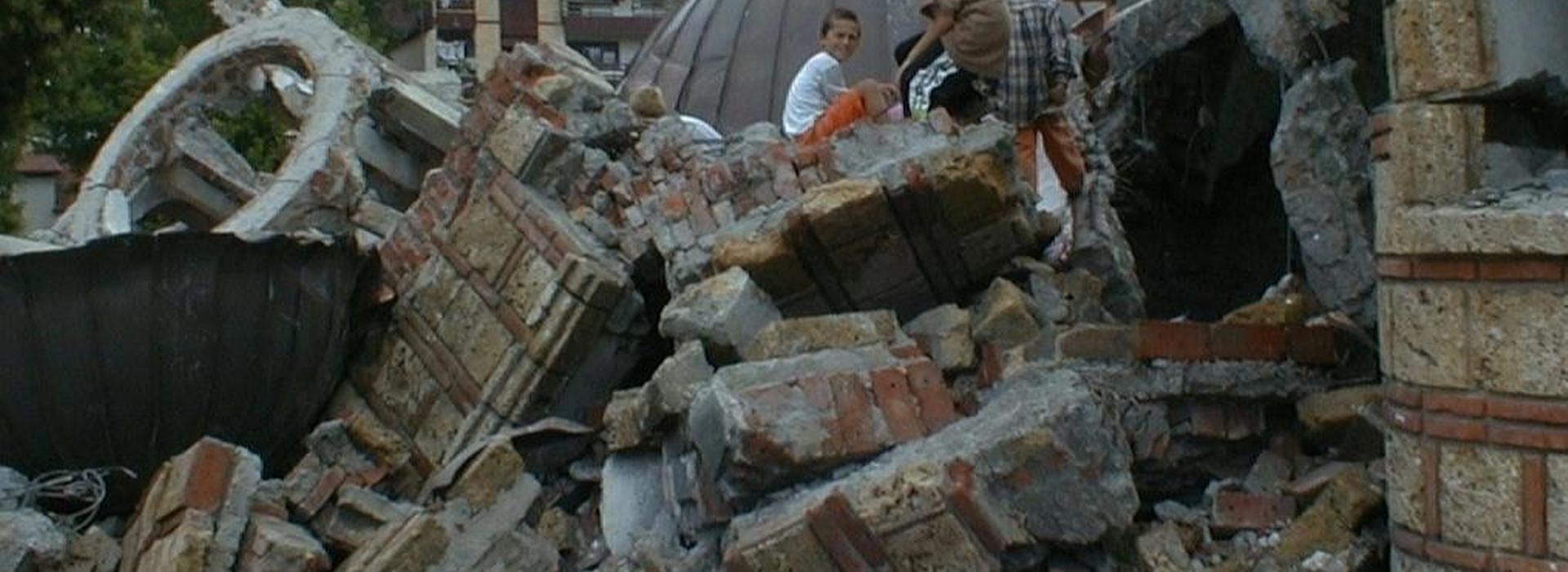Seven Candidates for Prosecution: Accountability for the Crimes of the Khmer Rouge
Stephen Heder with Brian D. Tittemore
War Crimes Research Office
Washington College of Law, American University and Coalition for International Justice
Copyright © July 2001
by War Crimes Research Office, American University. All rights reserved.
Printed in the United States.
View report (PDF)
Executive Summary
Using newly-available archival evidence, this report examines the responsibility of seven senior officials for their roles in developing and implementing the murderous policies of the Communist Party of Kampuchea (CPK), known to its enemies as the "Khmer Rouge," during the mid- to late-1970s. While extensive work has been done in the past to document and analyze evidence of CPK crimes generally, this is the first comprehensive legal analysis of available evidence against specific individuals for international crimes. Through this analysis, the report also sheds new light on how the CPK designed and implemented policies of mass execution.
Previously-unpublished evidence concerning the planning and conduct of the CPK's execution policies confirm that these policies were devised at the highest levels of the Communist Party and were implemented through a coordinated chain of command. The policies targeted members of three groups:
- individuals associated with the former Khmer Republic regime;
- non-Communist members of the Cambodian population; and
- Party members, or "cadre," within the CPK suspected of being traitors.
In the case of CPK cadre, the policies were generally carried out through a system of arrests, interrogations, and subsequent executions, with some interrogations conducted through torture; former Khmer Republic officials and non-Communists were generally executed without any prior interrogation.
Our examination of the archival evidence suggests that there is a prima facie case that the seven individuals examined in this report are criminally responsible for planning or implementing these policies under principles of individual responsibility and, in most instances, pursuant to the doctrine of superior responsibility. The seven are:
- Deputy Secretary of the CPK Central Committee Nuon Chea, who is implicated in devising and implementing the Party's execution policies;
- Deputy Prime Minister for Foreign Affairs and Central and Standing Committee member Ieng Sary, who repeatedly and publicly encouraged and also facilitated arrests and executions within his Foreign Ministry and throughout Cambodia;
- Democratic Kampuchea (DK) State Presidium Chairman Khieu Samphan, who encouraged lower level CPK officials to perpetrate executions and, at least in some instances, monitored and contributed to the implementation of Party policies by regional authorities;
- Zone Secretaries and Central Committee Members Ta Mok and Kae Pok, who, as heads of Party Zones, directed or otherwise facilitated the arrest by subordinates of suspected traitors in their Zones, and failed to prevent or punish atrocities perpetrated by their subordinates; and
- CPK Military Division Chairmen Sou Met and Meah Mut, who played direct roles in the arrest and transfer of cadre from their Divisions for interrogation and execution, and failed to prevent or punish atrocities perpetrated by their subordinates.
The report's conclusions are based upon the examination by Stephen Heder of archival records during several visits to the Documentation Center in Cambodia in 1998, 1999 and 2001 and subsequent research and assessment. While our analysis points to significant evidence of individual criminal responsibility on the part of seven men, it in no way is meant to imply that
these seven are the only individuals against whom there is credible and substantial evidence of criminal responsibility for CPK atrocities.
In publishing this report, the War Crimes Research Office and the Coalition for International Justice hope to contribute to the efforts of Cambodians to secure some measure of justice, however belatedly, for what they endured, as well as to contribute to the creation of an accurate historical record. By focusing on the responsibility of individual leaders for their actions, the report should serve as a reminder that the deaths and suffering of millions of people were the result of calculated policies and actions by individuals, not the result of undifferentiated chaos or conflict. Further, by providing an analysis of available evidence, it is hoped that the results of this study will serve as a benchmark against which to measure the progress of any tribunal established to investigate and prosecute CPK-era crimes.

